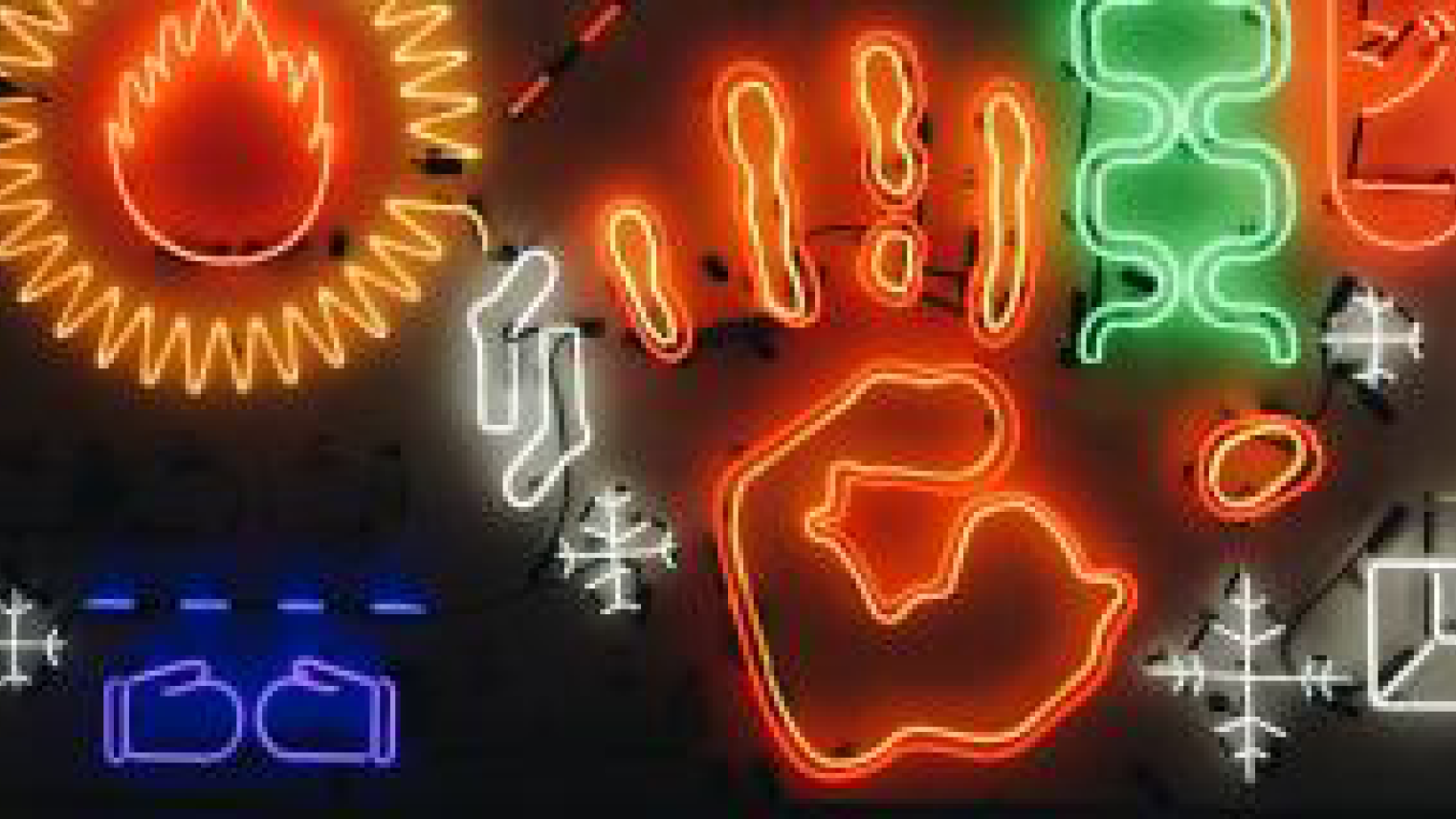The ANU Japan Institute Seminar Series showcases cutting-edge research by leading and emerging scholars based primarily in Australia and Japan. It aims to promote networking among Japan Studies scholars in the two countries and will feature innovative research on the bilateral relationship.
The virtual seminar series will run in 10-week blocks over the two semesters of the academic year (from 2021 to 2023), and will subsequently be made available online for public viewing. Join our mailing list to receive updates and reminders ahead of each seminar.
The virtual seminars will take place from:
- 5-6PM Australian Eastern Standard Time (AEST)
- 4-5PM Japan Standard Time (JST)
- 3-4PM Singapore Standard Time (STST)
After 1 October, with Australian Eastern Daylight Time
- 5-6PM Australian Eastern Daylight Time (AEDT)
- 3-4PM Japan Standard Time (JST)
- 2-3PM Singapore Standard Time (STST)
Japan in World War II: The Soviet view
After the Japanese attack on Pearl Harbour in December 1941, most of the world's nations became involved in the global war between the two military alliances: the Allies and the Axis powers. However, the Soviet-Japanese diplomatic relations during World War II were fundamentally different from those between any other of 'great powers'. Being in opposite camps, only Moscow and Tokyo were not at war with each other. The USSR remained to be one of the few and most important diplomatic channels for Japan until the Soviet offensive in Manchuria in August 1945. Therefore, the state and dynamics of Soviet-Japanese relations in 1941-1945 are of particular interest for understanding many aspects of Japan's history in war times, as well as for the history of the World War II in general.
This seminar will examine the Soviet view on Japan during World War II, based on recently declassified archival documents. It focuses on the Soviet diplomats, working in war-time Japan, analysing their contacts and negotiations with Japanese elite, political assessments and estimates of war perspectives. A special attention deserves the materials regarding the position of Japanese Foreign Minister Matsuoka Yosuke on the Soviet-Japanese Neutrality Pact of 1941; the Soviet diplomats' assessments of Japan's entry into the war with the United States (late 1941/beginning of 1942); the attempts of Japanese elite to obtain Soviet mediation at the final stage of the war (the summer of 1945) and so on. The comprehensive analysis of these materials allows us to take a new look at the internal political situation and foreign policy of Japan during World War II.
Speaker
Yaroslav Shulatov is a Professor at Waseda University’s Faculty of Political Science and Economics. He is a specialist on Russian and Japanese modern history, his research interests include the Russo-Japanese relations and the history of international relations in East Asia / Far East, the Korean diaspora and national movement etc. He is the author of 'На пути к сотрудничеству: российско-японские отношения в 1905-1914 гг. (=On the Path to Cooperation: Russo-Japanese Relations in 1905-1914)' (Moscow, 2008), "Russia as a 'Trauma' – The Rise and Fall of Japan as a Great Power" (Russia in Global Affairs, 2019), 'Russia and WWII in Asia: A Long Shadow of the Rising Sun' (The Journal of Slavic Military Studies, 2020) 'The Key Rivalry: Russo-Japanese Relations and International Order in Northeast Asia, 1895-1945' (Competing Imperialisms in Northeast Asia: New Perspectives, 1894-1953, Routledge, 2023) and other articles and textbooks on the history of Russia, Japan, Russo-Japanese relations, WWII and memory studies.
Register here

